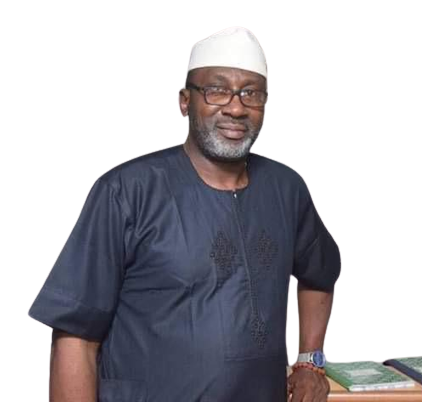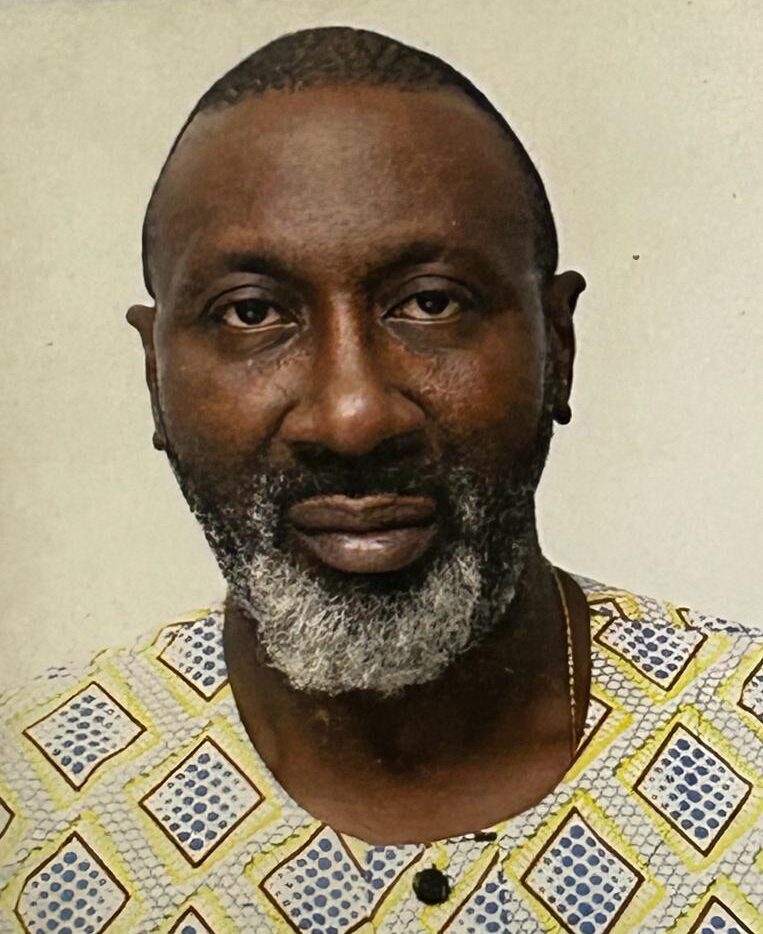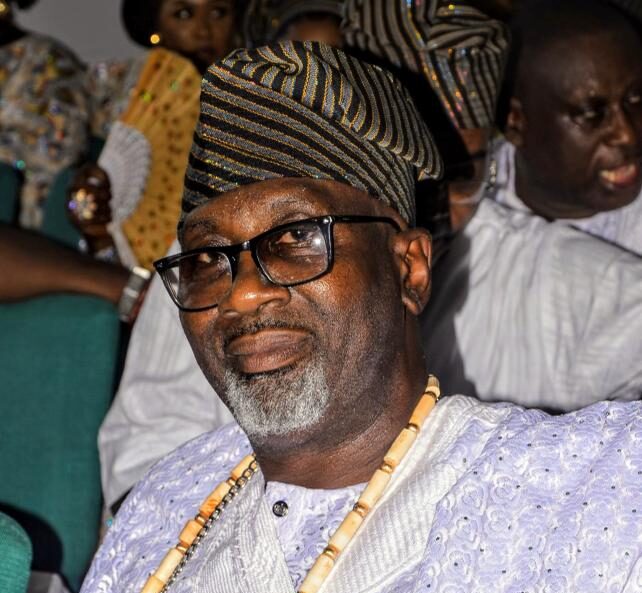Nigeria is set to sell three presidential jets, showcasing an optimistic step towards streamlining their resources and potentially improving economic efficiency.
By Abayomi Odunowo
The decision by the Federal Government of Nigeria to sell three presidential jets from the Presidential Air Fleet (PAF) is a bold move towards cutting down the cost of governance. The administration of President Tinubu has identified the high maintenance costs associated with the fleet as a major concern and is taking proactive steps to address the issue. This decision comes in the wake of other cost-saving measures being implemented by the government, including a three-month travel ban on public-funded foreign trips by Federal Government officials.
The Presidential Air Fleet currently consists of 10 aircraft, which include six jets and four helicopters. The plan is to reduce this number to seven by selling three of the aircraft. The BBJ 737, which serves as the Nigerian Air Force One, is used exclusively by the President for official trips. The other jets in the fleet are used by various top government officials for official duties and special missions.
The decision to sell the jets is not a new one, as a similar plan was proposed during the administration of President Muhammadu Buhari. However, the plan did not materialize at that time. Two aircraft, a Dassault Falcon 7x executive jet and a Beechcraft Hawker 4000 business jet, were put up for sale in 2016 with a preferred bid of $24 million. The bid was later reduced to $11 million, which was rejected by the government.
The maintenance costs for the Presidential Air Fleet have been on the rise, with billions of naira being allocated for this purpose in each year’s budget. The amount released from the budget for maintenance couldn’t be confirmed, but it is reported that over $5 million has been spent on maintenance in the past few months alone. This has become a cause for concern for the administration, prompting the decision to sell three of the aircraft that are deemed to be the most burdensome in terms of maintenance costs.
The use of the Presidential Air Fleet by government officials is necessary for efficient and timely travel within and outside the country. It provides a means of transportation that is secure and reliable, especially for trips to African countries where commercial flights may not be readily available. The fleet is managed by the Office of the National Security Adviser (ONSA) to ensure effective utilization and maintenance.
President Tinubu’s administration is focused on reducing government spending and cutting down on wastage in order to improve efficiency and accountability. The decision to sell three presidential jets is in line with this goal and is expected to yield significant cost savings in the long run. By implementing such measures, the government is demonstrating its commitment to responsible fiscal management and prudent use of taxpayer funds.
The decision to sell three presidential jets from the Presidential Air Fleet is a positive step towards reducing the high maintenance costs associated with the fleet. This move by the Federal Government of Nigeria demonstrates a commitment to prudent financial management and accountability in governance. By streamlining the fleet and cutting down on unnecessary expenses, the government is taking proactive measures to ensure the efficient use of public funds and promote transparency in its operations.
Furthermore, President Tinubu’s recent decision to impose a three-month travel ban on public-funded foreign trips by Federal Government officials is a commendable move towards cost-saving measures. In light of the current economic challenges facing the country, it is imperative that every effort is made to reduce unnecessary expenditures and ensure that public funds are used judiciously.
This travel ban will not only help curb excessive spending on foreign trips, but also send a strong message about the government’s commitment to fiscal responsibility. By limiting overseas travel to only essential trips, the government can focus on addressing the pressing needs of the country while also demonstrating accountability to the Nigerian people.
Furthermore, this decision aligns with the government’s ongoing efforts to streamline operations and improve efficiency in the public sector. It underscores the importance of prioritizing the needs of the nation over personal interests and lays the groundwork for a more sustainable and responsible approach to governance.
President Tinubu’s decision to impose a travel ban on public-funded foreign trips is a step in the right direction towards ensuring financial prudence and accountability in government spending. It is a timely and necessary measure that will ultimately benefit all Nigerians.
Media Contacts
Otunba Abdulfalil Abayomi Odunowo
National Chairman AATSG
URL: www.aatsg.org.ng
Tel: +2349053535322
Email: [email protected]



